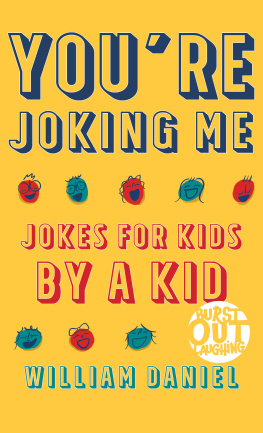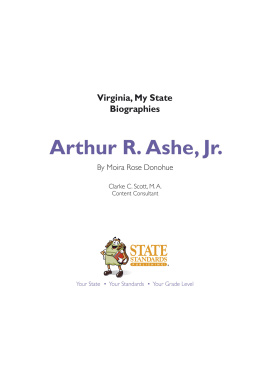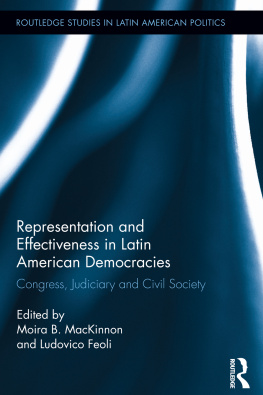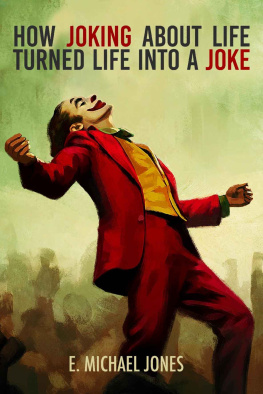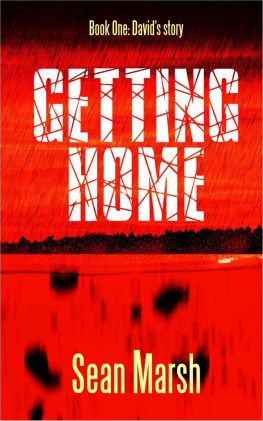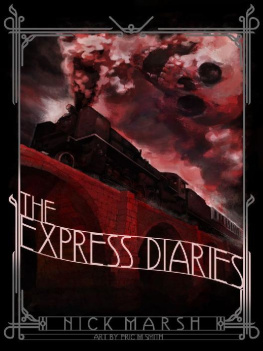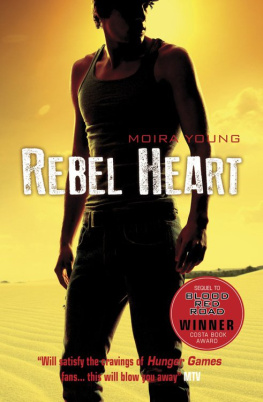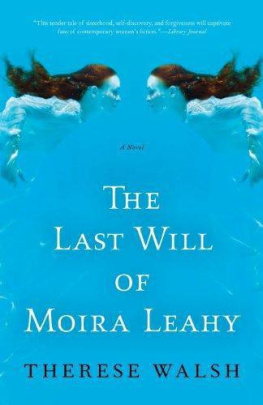Practically Joking
Practically Joking
Moira Marsh
Utah State University Press
Logan

2015 by the University Press of Colorado
Published by Utah State University Press
An imprint of University Press of Colorado
5589 Arapahoe Avenue, Suite 206C
Boulder, Colorado 80303
All rights reserved
Manufactured in the United States of America

The University Press of Colorado is a proud member of The Association of American University Presses.
The University Press of Colorado is a cooperative publishing enterprise supported, in part, by Adams State University, Colorado State University, Fort Lewis College, Metropolitan State University of Denver, Regis University, University of Colorado, University of Northern Colorado, Utah State University, and Western State Colorado University.
The paper used in this publication meets the minimum requirements of the American National Standard for Information SciencesPermanence of Paper for Printed Library Materials. ANSI Z39.48-1992
ISBN: 978-0-87421-983-8 (pbk)
ISBN: 978-0-87421-984-5 (ebook)
Library of Congress Cataloging-in-Publication Data
Marsh, Moira, 1958-
Practically joking / Moira Marsh.
pages cm
ISBN 978-0-87421-983-8 (paperback) ISBN 978-0-87421-984-5 (ebook)
1. Practical jokes. 2. Wit and humorHistory and criticism. 3. Wit and humorSocial aspects. I. Title.
PN6147.M175 2015
809.7dc23
2014024123
24 23 22 21 20 19 18 17 16 15 10 9 8 7 6 5 4 3 2 1
Cover photograph ajt/Shutterstock.
In memory of Bob Smith
father, role model, and humorist.
Acknowledgments
The idea for this book came to me on the plane as I was flying back from the American Folklore Society meeting in Anchorage. It was fall 2001, just weeks after the dreadful attacks of 9/11. Since it was a long tripfrom Anchorage to Indianapolis via DallasI had plenty of time to reconsider. Evidently reason did not prevail, and so here we are.
A skilled analyst might see some significance in conceiving of a book on practical jokes at such a time, but it will be clear to everyone that it has been a long time in the making. Along the way I have accrued many debts of thanks. I will mention as many of these as I can remember, but I am acutely aware that some people may get left out. If this is you, please accept my silence as thanks.
I have been blessed with academic mentors who have served as role models and sources of support, encouragement, and criticism, especially Peter Russell, the late Alex Scobie, the late Linda Dgh, Greg Schrempp, Beverly Stoeltje, and Dick Bauman. John McDowell was a persistent voice of cheer and practical advice. Elliott Oring was an unstinting critic who pushed me to carry these lines of research a lot further. He also encouraged me to go to my first meeting of the International Society for Humor Studies (ISHS), and in the years since I have found there an unfailing source of stimulation, good ideas, and serious thinking about humor.
I am grateful to Indiana University, the Indiana University Bloomington Libraries, and the Indiana University Librarians Association for numerous small but essential grants in support of my research. I owe a special debt of thanks to former dean of the IUB Libraries Suzanne Thorin, who generously funded travel during my sabbatical year in 20052006 for research at several folklore archives and fieldwork in New Zealand. From August 2005 through April 2006 and again in December 2007 I was a resident scholar at the Stout Research Centre at the Victoria University of Wellington. I am very grateful to the Stout staff and other residents and fellows for providing a friendly, supportive environment and countless cups of tea during those months of interviewing and writing: Lydia Wevers, Richard Hill, Brad Patterson, and Francine Tolron.
Pastor Mark Whitfield and the members of St Pauls Lutheran Church in Wellington provided a warm home away from home as well as regular spiritual food. Rolf Brednich and Brigitte Bnisch-Brednich offered friendship and hospitality to a folklorist far from home. Michael Brown and Diane McAllen supplied enjoyable meals and long conversations about researching folklore in New Zealand. Bill Sheat and the late Les Cleveland offered practical help and support for the notion that New Zealand folklore was a research field ripe for harvest. Mike Lloyd was a regular coffee and conversation partner on all aspects of humor theory, and he also read drafts and gently prodded me toward more theoretical rigor.
Friends and colleagues in both folklore and humor studies have helped in many ways. Colleagues at ISHS meetings and at American Folklore Society meetings have given me constructive feedback and countless suggestions. Paul Jackson, the Sinn family, Sabina Magliocco, Diane Goldstein, Christie Davies, Jessica Milner-Davis, Anne K. Pyburn, Lynne Hamer, Mabel Agozzino, and Eduardo Juregui, among others, have helped by sharing their work, sending me references and practical joke stories that they came across, and repeatedly asking, Is it done yet? Early on, Alan Mays helped by posting a query about the digging up the road stunt to the alt.folklore.urban newsgroup and collating the replies for me. Along the way, Sharon Lockyer, Tom Sinn, and John Wolford read and commented on early drafts and laughed, but not too loudly and only in the right places. Riki Saltzman not only commented on various drafts but added her keen editorial eye as well. Nancy Michael was a constant discussion partner, writing coach, and editor on many early drafts.
Several folklore archivists were invaluable: Pauline Cox at the Berkeley Folklore Archive, Patricia Fulton and Kelly Revak at the Memorial University of Newfoundland Folklore and Language Archive, and the staff at the William A. Wilson Folklore Archives. I also thank the librarians at the National Library of New Zealand (Te Puna Matauranga o Aotearoa) for tracking down some elusive citations. I also extend my gratitude to several student interns and assistants, especially Wujung Choo, Sarah Marion, Jir-Shin Boey, and Nora Wood, who found obscure citations, downloaded articles, and digitized others.
I am very grateful to the many people who agreed to be interviewed by me about, of all things, practical jokes. From Wellington: Spiro Anastasiou, Tim Beaglehole, Gyles Beckford, Tack Daniel, Matt Elliott, Bronwyn Hayward, Ron Hill, Rudolph and Pauline Kotze, Gerard ONeill, Pat Pilcher, Arthur Pomeroy, Hugh Price, Craig Rattray, Gordon Stewart, and Gordon Tait. From Bloomington: Ruth Aten, Mark Bevis, Peggy Brooks, Nancy Cassell, the Cobra Patrol, John and Susie Duenez, Sam Frushour, Bruce Harrah-Conforth, John Johnson, Steve Millen, Rob Mills, Amy Quinton, Tony Rimmer, Jack Savage, Ken Shafer, Harvey Starr, Kurt Van der Dussen, and Brian Werth.
The anonymous reviewers of this manuscript made substantive comments and suggestions that have improved the final product considerably. My first editor, John Alley, encouraged the project in the early stages and gave me much-needed suggestions on how to write. My current editor, Michael Spooner, has been patience personified.





